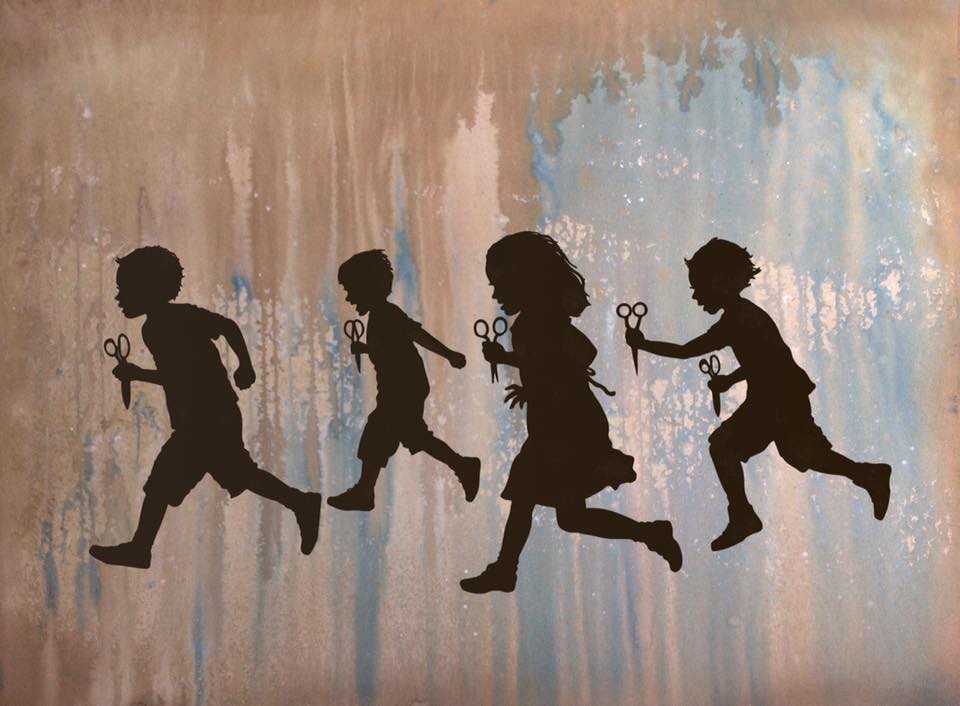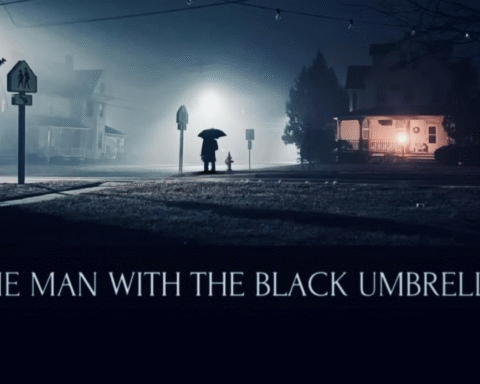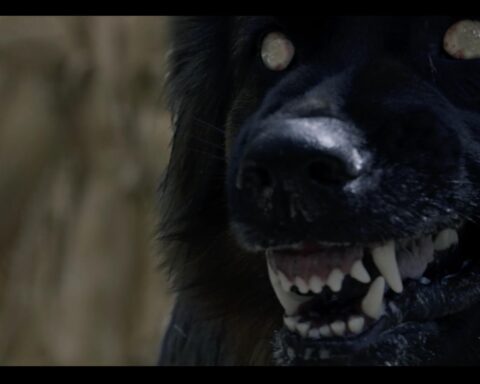“Running with Scissors,” a memoir by Augusten Burroughs, is a harrowing and darkly humorous account of the author’s turbulent childhood and adolescence. The book, first published in 2002, provides a raw and unfiltered look at Burroughs’ life after his mother, a mentally unstable poet, sends him to live with her unorthodox psychiatrist, Dr. Finch. This memoir not only chronicles the bizarre and often disturbing experiences Burroughs endured but also explores themes of survival, mental illness, and the search for identity.
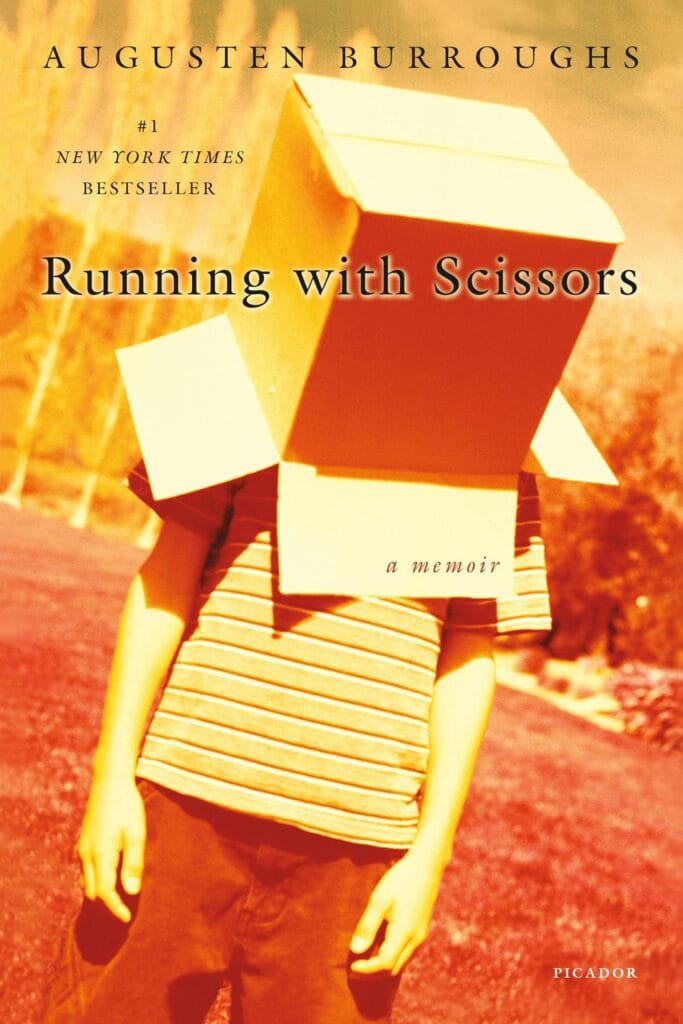
Navigating the Chaotic Labyrinth of Burroughs’ Mind
- Chaos and Unconventionality
At the heart of “Running with Scissors” is the theme of chaos, embodied in the Finch household. Dr. Finch’s home is a place where normal rules and boundaries do not apply. This lack of structure and predictability creates an environment of constant upheaval, reflecting the chaos within the minds of those living there. The Finch family practices bizarre rituals, including the infamous “Bible-dipping,” where they seek divine guidance by randomly selecting passages from the Bible. This surreal and chaotic setting underscores the dysfunction and instability that define Burroughs’ early life.
- Mental Illness and Dysfunction
Mental illness is a pervasive theme in “Running with Scissors.” Burroughs’ mother, Deirdre, suffers from severe mental health issues, leading her to make erratic and harmful decisions. Dr. Finch, the supposed caretaker, exhibits his own brand of madness, blurring the line between healer and patient. The portrayal of these characters highlights the devastating impact of untreated mental illness on individuals and their families. The memoir does not shy away from depicting the darker aspects of mental health, including the stigma and neglect that often accompany it.
- Resilience and Survival
Despite the chaos and dysfunction, “Running with Scissors” is ultimately a story of resilience and survival. Burroughs’ ability to endure and navigate his tumultuous circumstances speaks to the human spirit’s capacity for adaptability and perseverance. His journey is marked by moments of humor and absurdity, providing a coping mechanism amidst the madness. This theme of resilience is a testament to Burroughs’ strength and determination to forge his own path despite the odds stacked against him.
- Identity and Self-Discovery
The search for identity is a central theme in Burroughs’ memoir. Growing up in an environment where traditional family roles are upended, Burroughs struggles to define himself. His experiences with his mother, the Finch family, and his sexuality all contribute to his quest for self-discovery. The memoir explores the complexities of identity formation in the face of unconventional and often damaging influences. Burroughs’ journey is a poignant reminder of the importance of self-acceptance and the courage to embrace one’s true self.

The Philosophy of “Running with Scissors”
“Running with Scissors” can be viewed through various philosophical lenses, offering deeper insights into its narrative and characters.
- Existentialism and Absurdity
The existentialist perspective is particularly relevant to Burroughs’ memoir. Existentialism posits that life is inherently meaningless, and it is up to individuals to create their own meaning. The absurdity of Burroughs’ experiences reflects the existentialist notion of the absurd, as described by philosophers like Albert Camus. The chaotic and often nonsensical events in the Finch household challenge Burroughs to find meaning and purpose in a seemingly indifferent and irrational world. His humor and resilience can be seen as acts of defiance against the absurdity of his circumstances.
- Psychological Theories of Development
From a psychological standpoint, “Running with Scissors” provides a case study in developmental psychology. The instability and trauma Burroughs faces during his formative years have profound effects on his psychological development. Attachment theory, which emphasizes the importance of stable and nurturing relationships in early childhood, can be used to analyze the impact of Burroughs’ disrupted family dynamics. The lack of a secure attachment figure contributes to his struggles with identity and self-worth. However, his ability to adapt and survive also highlights the concept of resilience in psychology.
- Ethics and Moral Ambiguity
The ethical dimensions of “Running with Scissors” raise important questions about morality and responsibility. Dr. Finch’s unethical behavior and exploitation of his patients highlight the potential for abuse of power in therapeutic relationships. The memoir challenges readers to consider the ethical responsibilities of caregivers and the consequences of their actions. Burroughs’ mother, Deirdre, also embodies moral ambiguity, as her mental illness complicates the assessment of her actions. The memoir invites reflection on the complexities of moral judgment in the context of mental health and family dynamics.

The Characters: A Closer Look
- Augusten Burroughs
As the protagonist and narrator, Augusten Burroughs provides a candid and introspective account of his life. His voice is characterized by a blend of humor, vulnerability, and resilience. Burroughs’ ability to find humor in the darkest of situations is a testament to his strength and coping mechanisms. His journey of self-discovery is marked by moments of introspection and insight, offering readers a glimpse into his evolving sense of identity.
- Deirdre Burroughs
Deirdre, Augusten’s mother, is a complex character whose mental illness profoundly impacts her actions and relationships. Her erratic behavior and neglectful parenting are depicted with a mix of empathy and criticism. Deirdre’s struggle with her own mental health is a poignant reminder of the ripple effects of untreated mental illness on those around her. Her character raises important questions about the intersections of creativity, madness, and responsibility.
- Dr. Finch
Dr. Finch is a central figure in the memoir, embodying the theme of chaos and unorthodox behavior. As a psychiatrist, his unconventional methods and blatant disregard for ethical boundaries are both shocking and fascinating. Dr. Finch’s character serves as a critique of the potential dangers of unchecked authority and the blurred lines between sanity and madness. His eccentricity and moral ambiguity make him one of the most memorable and controversial figures in Burroughs’ story.
- Natalie Finch
Natalie, one of Dr. Finch’s daughters, becomes a close friend and confidante to Burroughs. Her own struggles with her father’s unconventional lifestyle and the pressures of growing up in such an environment mirror Burroughs’ experiences. Natalie’s character highlights the theme of resilience and the search for normalcy amidst chaos. Her bond with Burroughs provides a semblance of stability and support in their otherwise tumultuous lives.
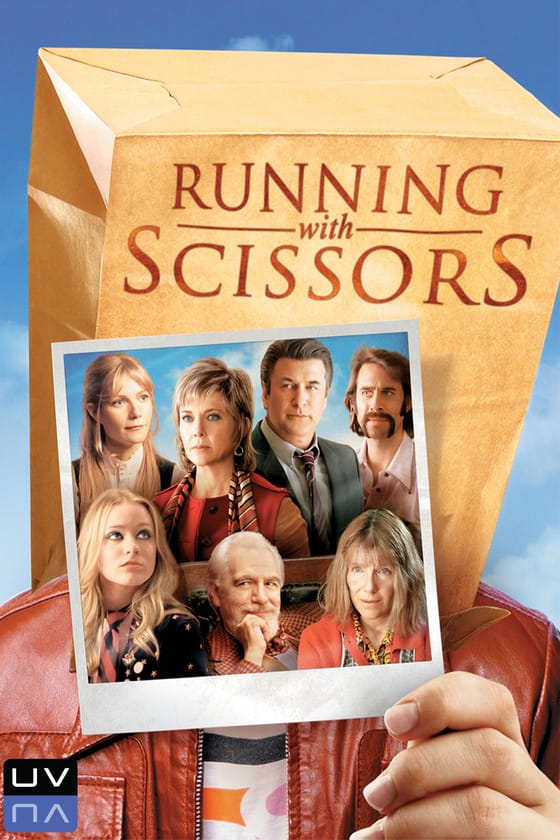
The Movie Adaptation
In 2006, “Running with Scissors” was adapted into a film directed by Ryan Murphy, with a screenplay also by Murphy. The movie stars Joseph Cross as Augusten Burroughs, Annette Bening as Deirdre Burroughs, and Brian Cox as Dr. Finch. The adaptation brings the bizarre and darkly comedic world of Burroughs’ memoir to the screen, capturing its essence while making certain alterations for cinematic purposes.
Reception and Interpretation
The film adaptation received mixed reviews from critics and audiences alike. Annette Bening’s performance as Deirdre was widely praised for its depth and nuance, capturing the complexity of her character’s mental illness and artistic aspirations. Brian Cox’s portrayal of Dr. Finch also garnered attention for its eccentricity and intensity. However, some critics felt that the film struggled to balance the dark humor and serious themes of the memoir, resulting in a tonal inconsistency.

Narrative and Structural Changes
The transition from memoir to film necessitated certain narrative and structural changes. The movie condenses and simplifies some of the events and characters from the book, focusing on key moments and relationships. While this streamlining helps in creating a cohesive cinematic narrative, it also means that some of the memoir’s richness and complexity are lost in translation. The film’s visual and dramatic elements bring the story to life, but certain nuances and introspective moments are inevitably left out.
Impact and Legacy
Despite the mixed reviews, the film adaptation of “Running with Scissors” has contributed to the memoir’s lasting impact and cultural relevance. The movie introduced Burroughs’ story to a wider audience, sparking interest in his other works and the memoir genre as a whole. The adaptation underscores the challenges and opportunities inherent in translating deeply personal and complex narratives from page to screen.

Final Words
“Running with Scissors” is a powerful and unflinching exploration of a chaotic and unconventional upbringing. Through its vivid storytelling and dark humor, the memoir delves into themes of mental illness, resilience, and the search for identity. The characters, from the resilient Augusten to the enigmatic Dr. Finch, offer a rich tapestry of human experience and complexity. The memoir’s philosophical underpinnings invite readers to reflect on the nature of existence, morality, and the human spirit’s capacity for survival.
The film adaptation, while not without its flaws, serves as a testament to the enduring impact of Burroughs’ story. It brings the memoir’s bizarre and poignant world to the screen, capturing its essence and introducing it to new audiences. “Running with Scissors” remains a compelling and thought-provoking work, offering insights into the resilience of the human spirit in the face of unimaginable challenges.
